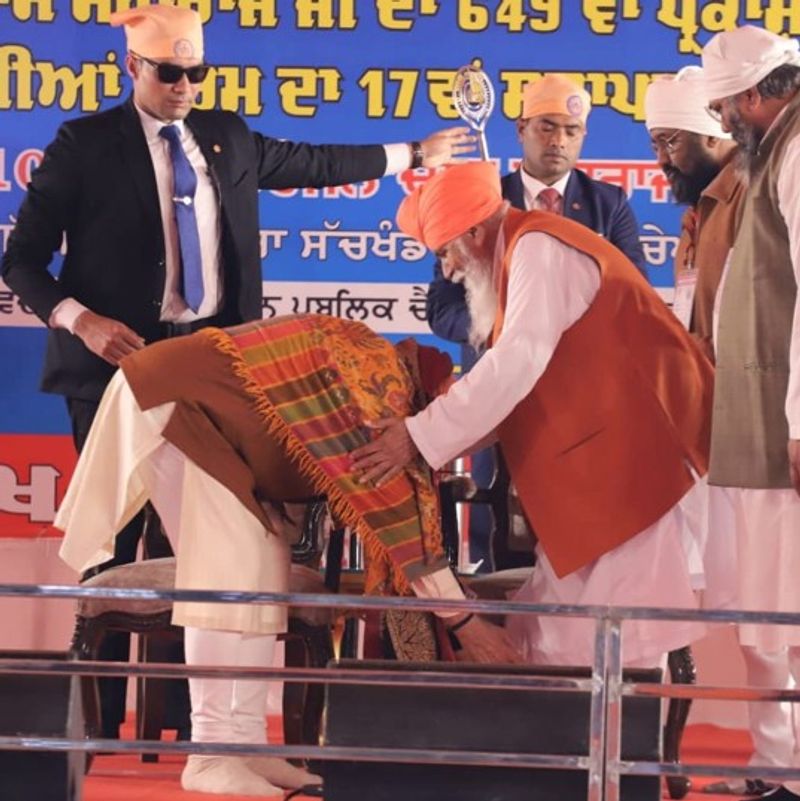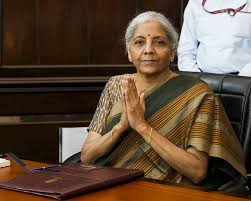Listen To This Post
New Delhi: In a dramatic turn of events, the Lok Sabha on Monday passed the landmark Income Tax Bill (No. 2), 2025 — a sweeping reform aimed at replacing India’s 63-year-old income tax law — in just three minutes, without any debate.
The Bill, which significantly simplifies provisions for individuals and corporations, streamlines TDS and exemptions, and eases compliance burdens, was pushed through by voice vote even as opposition MPs continued to disrupt proceedings over alleged irregularities in the special intensive revision (SIR) of electoral rolls in Bihar.
Finance Minister Nirmala Sitharaman, who had withdrawn the earlier version of the Bill last week, reintroduced the updated draft on Monday, incorporating recommendations from a Parliamentary Select Committee and suggestions from industry stakeholders.
Key Features of the New Law
-
Simplification: Reduces the number of effective sections and chapters, almost halving the word count of the current Act.
-
Terminology Overhaul: Replaces the confusing concepts of “assessment year” and “previous year” with the simpler “tax year.”
-
Belated Refunds: Allows individuals to claim TDS refunds even if income tax returns are filed after the statutory deadline.
-
LRS Exemption: Provides ‘nil’ TCS on foreign remittances for education expenses financed by financial institutions.
-
Corporate Reliefs: Reintroduces deductions for certain inter-corporate dividends for companies opting for concessional tax rates.
-
Loss Adjustments: Aligns carry-forward and set-off provisions with the current Section 79 of the Income Tax Act, 1961.
-
MSME Alignment: Harmonises definitions of Micro and Small Enterprises with allied laws.
Privacy Concerns Remain
While many provisions have been welcomed for clarity and reduced litigation risk, experts note no significant changes to contentious search-and-seizure powers in the digital sphere.
The Bill retains clauses that allow tax officials — with “reason to believe” in the existence of undisclosed income — to:
-
Break locks to access physical assets or documents.
-
Override passwords to enter computer systems.
Although the explicit mention of “digital space” was removed from the text, it remains covered under the definition of “computer system.” This means that starting April 1, 2026, tax authorities could potentially access private emails, social media accounts, bank accounts, trading platforms, and online investment portals if they suspect tax evasion.
Tax experts warn this could raise fresh concerns around citizen privacy and data protection, despite the Bill’s stated intent to simplify and modernise tax administration.
Once cleared by the Rajya Sabha and signed by the President, the new Act will replace the Income Tax Act, 1961, marking the most significant overhaul of India’s direct tax framework in over six decades.















